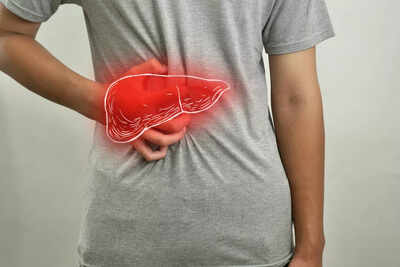Introduction to Sustainable Living in the Desert
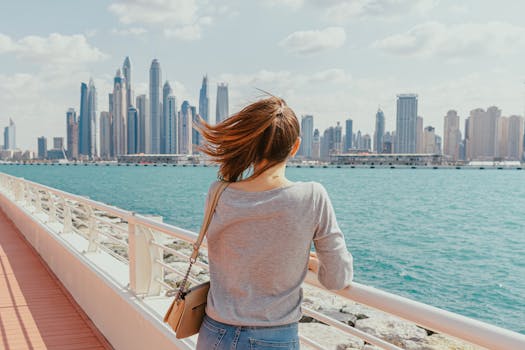
Dubai, known for its towering skyscrapers and opulent lifestyle, is also at the forefront of sustainable living in a desert environment. As urbanization continues to increase and climate change poses significant challenges, the city has embraced environmentally friendly initiatives to promote a sustainable future. In this article, we will delve into various eco-friendly practices adopted in Dubai, how they benefit both residents and the environment, and what other desert communities can learn from this rapid evolution.
Innovative Water Management Solutions
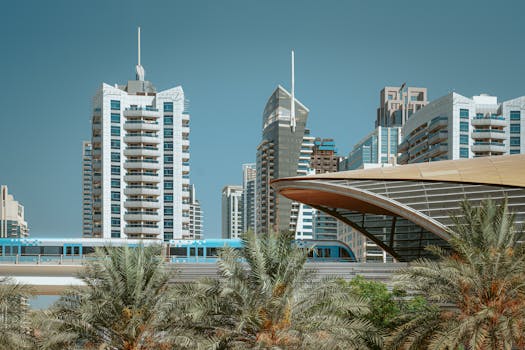
Water scarcity is one of the most pressing issues faced by desert cities like Dubai. With natural water resources being minimal, innovative water management solutions are at the forefront of Dubai’s sustainable efforts. The city has invested in advanced water conservation techniques.
- Desalination Plants: Dubai operates several desalination plants to convert seawater into potable water. This technology is essential for meeting the daily water needs of residents.
- Wastewater Recycling: The Dubai Electricity and Water Authority (DEWA) has implemented recycling facilities where treated wastewater is reused for irrigation and landscaping, reducing the demand for freshwater.
- Smart Irrigation Systems: Advanced technology is used in public parks and gardens, ensuring that plants receive the right amount of water precisely when needed, minimizing waste.
These initiatives not only ensure a sustainable water supply but also promote responsible water use among residents and businesses, making every drop count.
Energy Efficiency and Renewable Sources
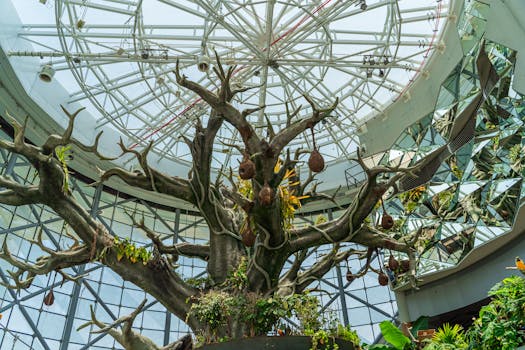
Diversifying energy sources and improving energy efficiency are fundamental components of Dubai’s sustainability strategy. The city is taking significant strides towards reducing its carbon footprint through various renewable energy initiatives.
- Solar Energy Adoption: One of the most ambitious solar projects is the Mohammed bin Rashid Al Maktoum Solar Park. As one of the largest solar parks in the world, it aims to contribute 75% of Dubai’s energy output by 2050. It showcases solar power as a viable alternative energy source.
- Energy Modeling: New buildings in Dubai must adhere to strict energy efficiency standards set by the Dubai Municipality. By employing energy-efficient technologies and sustainable building materials, the city has been notable in its quest for reduced energy consumption.
- Smart Grid Technology: Smart grids enhance the efficiency and reliability of electricity distribution, leading to reduced energy wastage and optimized usage.
Through these energy initiatives, Dubai aims to lead the Arab world in sustainable energy creativity and conflict realization.
Green Urban Planning and Public Transport
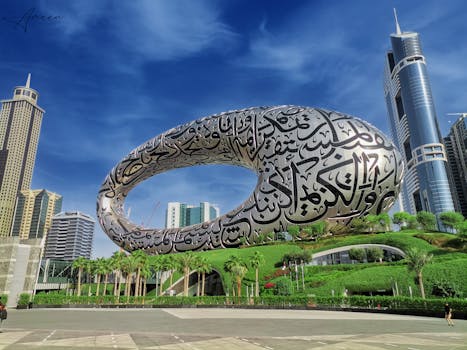
Urban expansion in arid territories requires thoughtful land and infrastructure planning. UAE authorities and urban designers are weaving sustainability into the fabric of urban living. With comprehensive transit strategies and public spaces, sustainability permeates urban life in Dubai.
- A-Z Mobility: The smart and expansive Dubai Public Transport network includes trams, buses, and the metro system that runs on renewable energy, which encourages public transportation and reduces reliance on private vehicles.
- Green Building Standards: Initiatives such as the Dubai Green Building Code aim at reducing the carbon footprint of buildings. Structures must incorporate designs that allow maximum natural light, sustainable insulation, and roof greening.
- Biotechnology Landscaping: Dubai promotes use of native plants, which are genetically adapted to the desert environment, for landscaping throughout the city. This program helps conserve water and shift away from high-maintenance, non-native species.
Through such urban structuring practices, not only does Dubai enhance city aesthetics, but it also creates healthier urban ecosystems for residents and the surrounding community.
Community Involvement and Education
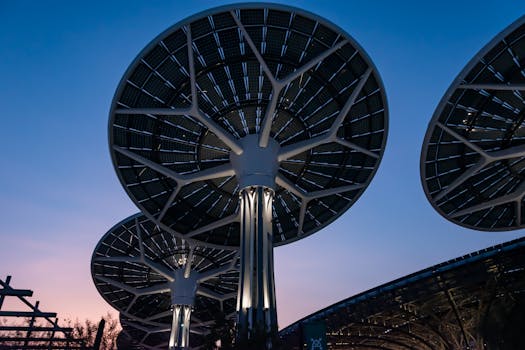
The success of sustainable initiatives requires the active involvement of communities. As such, education and community engagement are cornerstones of Dubai’s eco-friendly endeavors.
- Awareness Campaigns: The Environmental Protection Agency conducts numerous awareness campaigns that focus on the importance of sustainability in daily life, encouraging a ‘green philosophy’ among citizens.
- Green Initiatives and Workshops: Community members can partake in workshops on eco-friendliness — including methods like composting, recycling, and organic gardening. Events such as the Dubai Green Week gather advocates from across the region to promote sustainable farming and social entrepreneurship.
- Community Gardens: Several urban gardens, where residents can engage in vegetable cultivation and educational programs, encourage a connection between people and their environmental responsibilities.
When communities actively engage in promoting sustainable living, environmental stewardship blossoms, leading to lasting positive effects on local ecosystems.
Takeaways
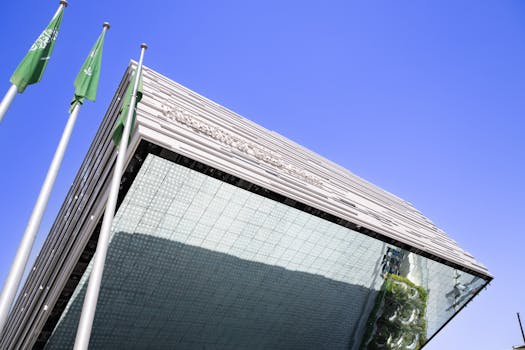
- Dubai is transforming its urban layout, integrating sustainability within city planning, with significant investments in renewable energy and smart water management.
- Residents are encouraged to participate in sustainability initiatives through community gardens, workshops, and eco-focused events to cultivate environmental responsibility.
- Dubai serves as a benchmark for other desert cities looking to mitigate the impacts of climate change while celebrating sustainable living.
